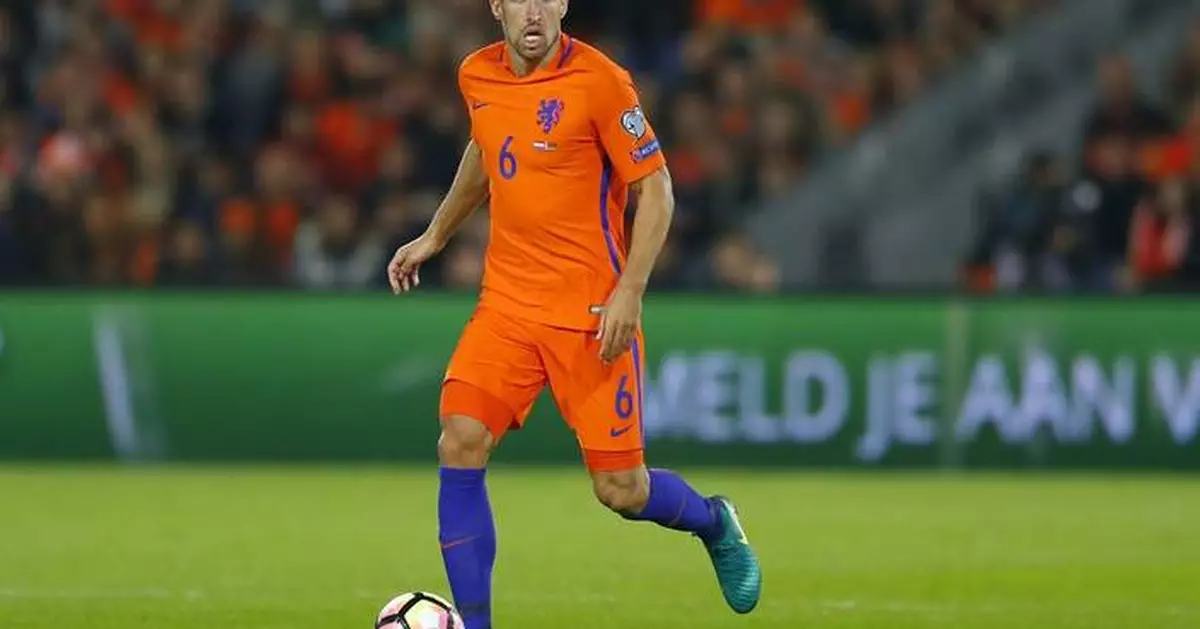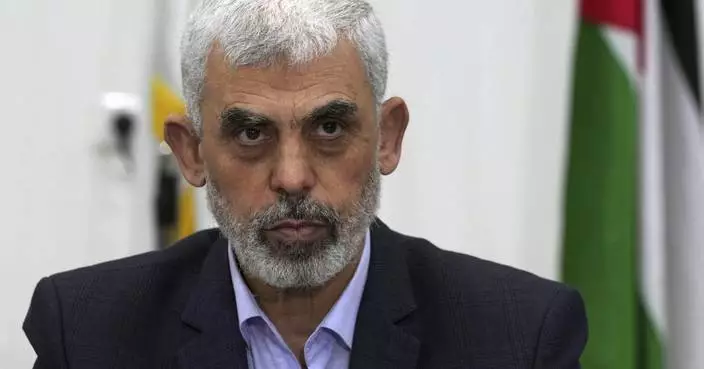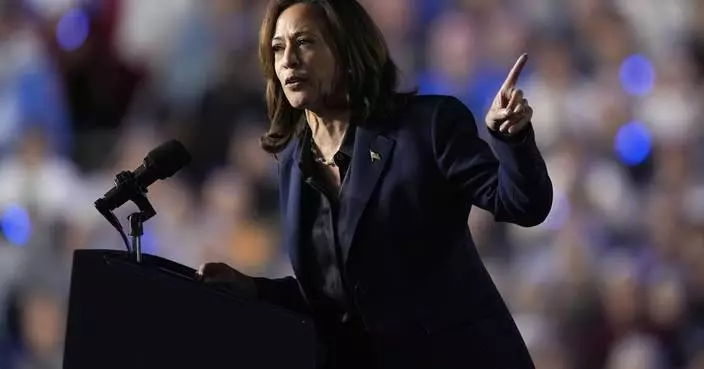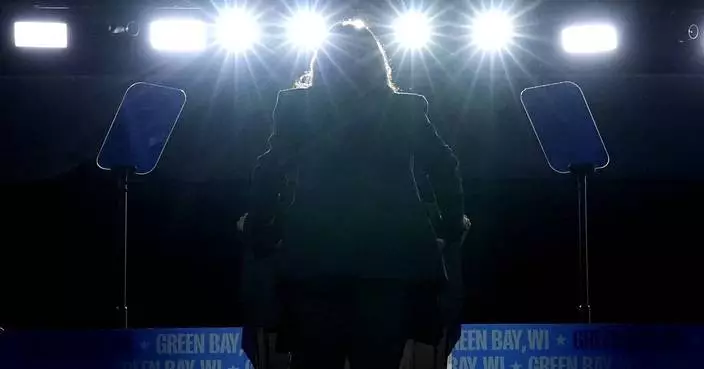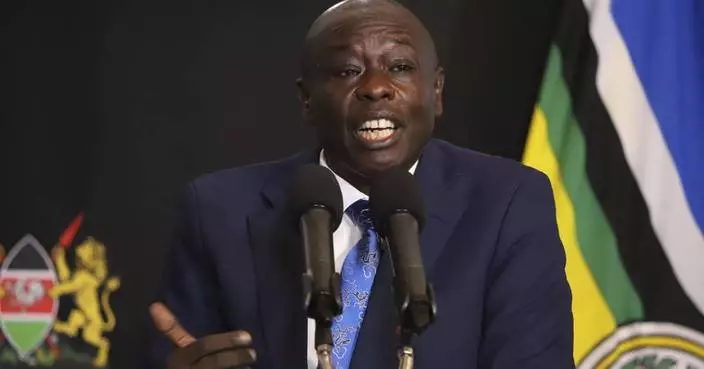AMSTERDAM (AP) — Former Netherlands midfielder Kevin Strootman announced his retirement from soccer on Friday.
The 34-year-old Strootman played 46 matches for the Netherlands, scoring three goals. He was without a club after his contract with Italian side Genoa expired.
He announced his retirement with a brief post on social media.
“Careers come to an end. Thank you, football,” he wrote.
Strootman played for several Dutch clubs, including PSV Eindhoven, before he moved abroad to join AS Roma, where he stayed from 2013-18. He also had stints at Marseille and Cagliari.
Strootman missed the 2014 World Cup in Brazil because of a serious knee injury after playing a major role in qualifying.
AP soccer: https://apnews.com/hub/soccer
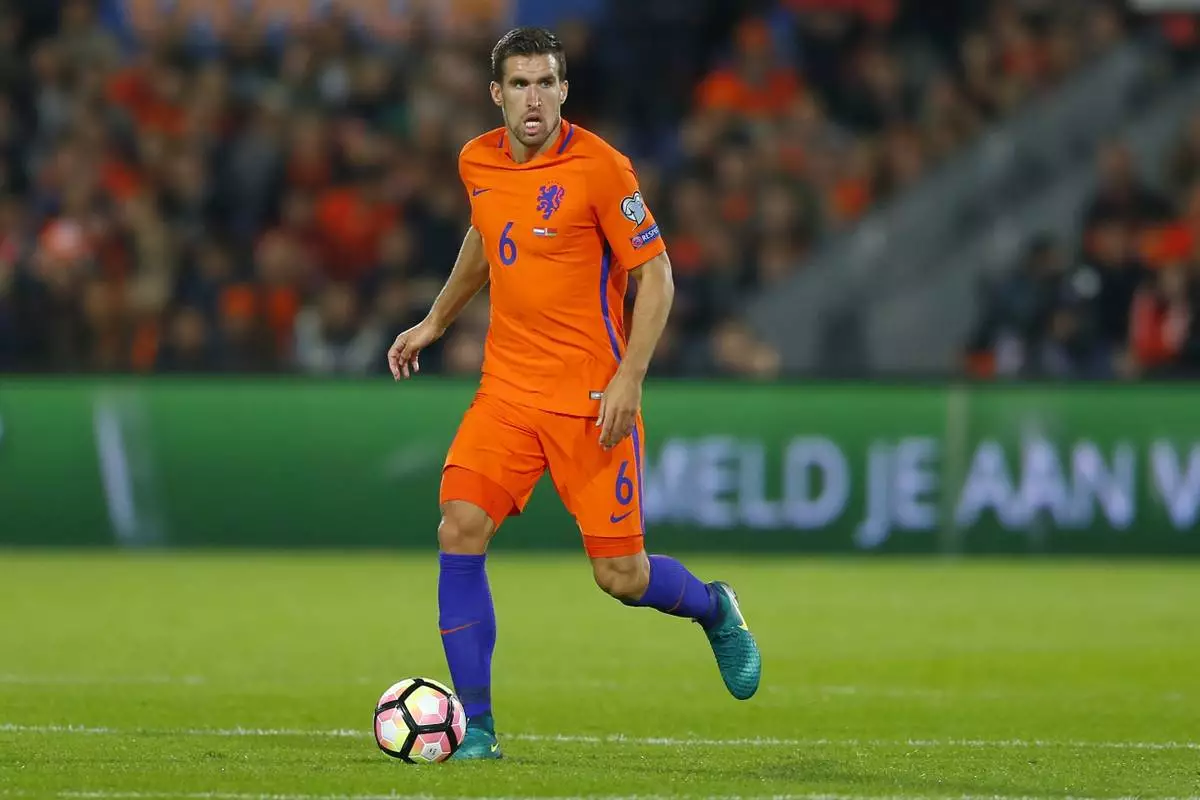
FILE -Netherlands' Kevin Strootman passes the ball during the World Cup Group A qualifying soccer match in De Kuip stadium Rotterdam, Netherlands, Oct. 7, 2016. (AP Photo/Peter Dejong, File)
DETROIT (AP) — The U.S. government's road safety agency is investigating Tesla's “Full Self-Driving” system after getting reports of crashes in low-visibility conditions, including one that killed a pedestrian.
The National Highway Traffic Safety Administration says in documents that it opened the probe on Thursday after the company reported four crashes when Teslas encountered sun glare, fog and airborne dust.
In addition to the pedestrian's death, another crash involved an injury, the agency said.
Investigators will look into the ability of “Full Self-Driving” to “detect and respond appropriately to reduced roadway visibility conditions, and if so, the contributing circumstances for these crashes.”
The investigation covers roughly 2.4 million Teslas from the 2016 through 2024 model years.
A message was left early Friday seeking comment from Tesla, which has repeatedly said the system cannot drive itself and human drivers must be ready to intervene at all times.
Last week Tesla held an event at a Hollywood studio to unveil a fully autonomous robotaxi without a steering wheel or pedals. Musk, who has promised autonomous vehicles before, said the company plans to have them running without human drivers next year, and robotaxis available in 2026.
The agency also said it would look into whether any other similar crashes involving “Full Self-Driving” have happened in low visibility conditions, and it will seek information from the company on whether any updates affected the system’s performance in those conditions.
“In particular, this review will assess the timing, purpose and capabilities of any such updates, as well as Telsa’s assessment of their safety impact,” the documents said.
Tesla has twice recalled “Full Self-Driving” under pressure from the agency, which in July sought information from law enforcement and the company after a Tesla using the system struck and killed a motorcyclist near Seattle.
The recalls were issued because the system was programmed to run stop signs at slow speeds and because the system disobeyed other traffic laws. Both problems were to be fixed with online software updates.
Critics have said that Tesla’s system, which uses only cameras to spot hazards, doesn’t have proper sensors to be fully self driving. Nearly all other companies working on autonomous vehicles use radar and laser sensors in addition to cameras to see better in the dark or poor visibility conditions.
The “Full Self-Driving” recalls arrived after a three-year investigation into Tesla's less-sophisticated Autopilot system crashing into emergency and other vehicles parked on highways, many with warning lights flashing.
That investigation was closed last April after the agency pressured Tesla into recalling its vehicles to bolster a weak system that made sure drivers are paying attention. A few weeks after the recall, NHTSA began investigating whether the recall was working.
The investigation that was opened Thursday enters new territory for NHTSA, which previously had viewed Tesla's systems as assisting drivers rather than driving themselves. With the new probe, the agency is focusing on the capabilities of “Full Self-Driving" rather than simply making sure drivers are paying attention.
Michael Brooks, executive director of the nonprofit Center for Auto Safety, said the previous investigation of Autopilot didn't look at why the Teslas weren't seeing and stopping for emergency vehicles.
“Before they were kind of putting the onus on the driver rather than the car,” he said. “Here they're saying these systems are not capable of appropriately detecting safety hazards whether the drivers are paying attention or not.”
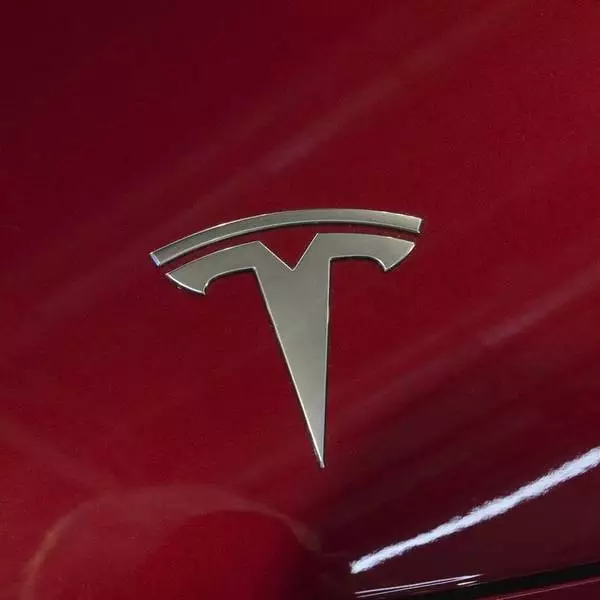
US to probe Tesla's 'Full Self-Driving' system after pedestrian killed in low visibility conditions
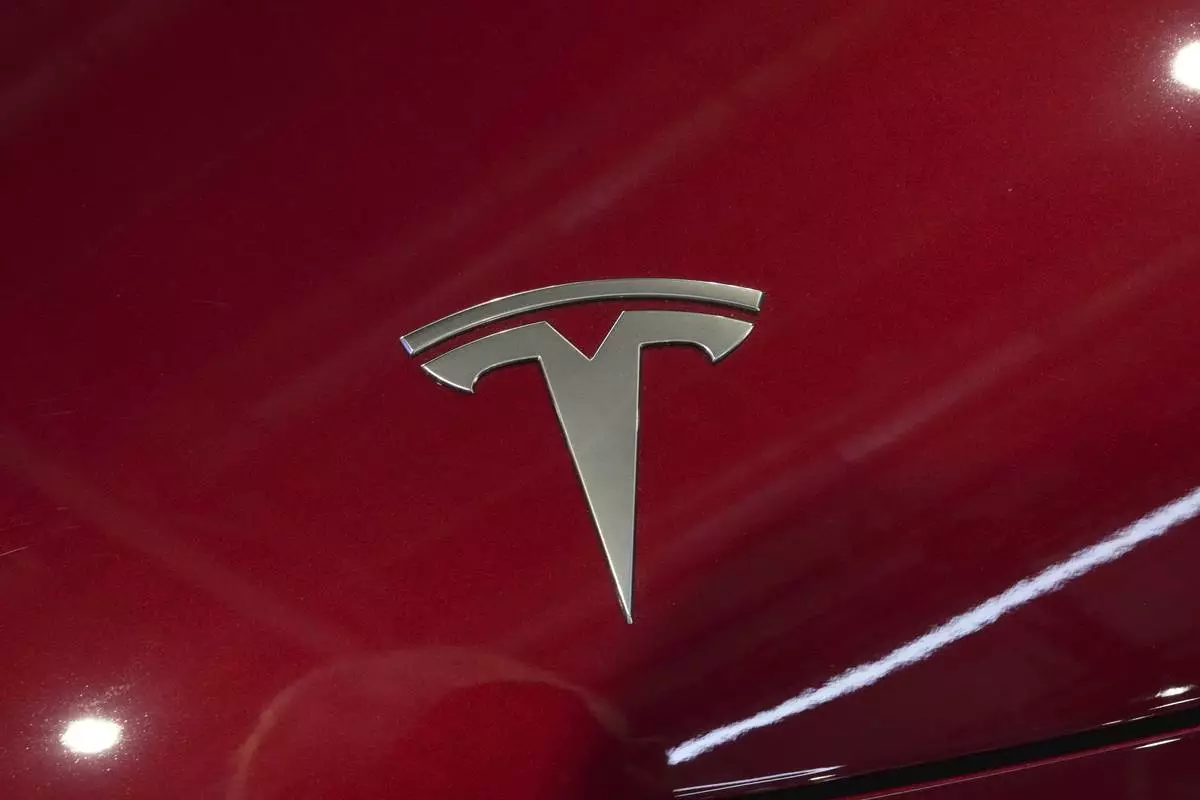
The logo of Tesla car is pictured at the Paris Auto Show, in Paris, Monday, Oct. 14, 2024. (AP Photo/Michel Euler)
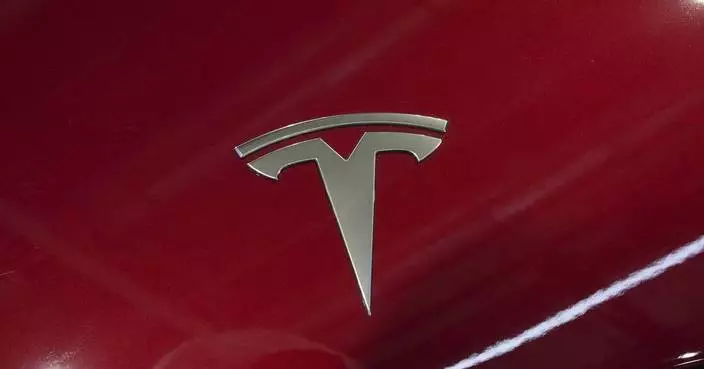
US to probe Tesla's 'Full Self-Driving' system after pedestrian killed in low visibility conditions



